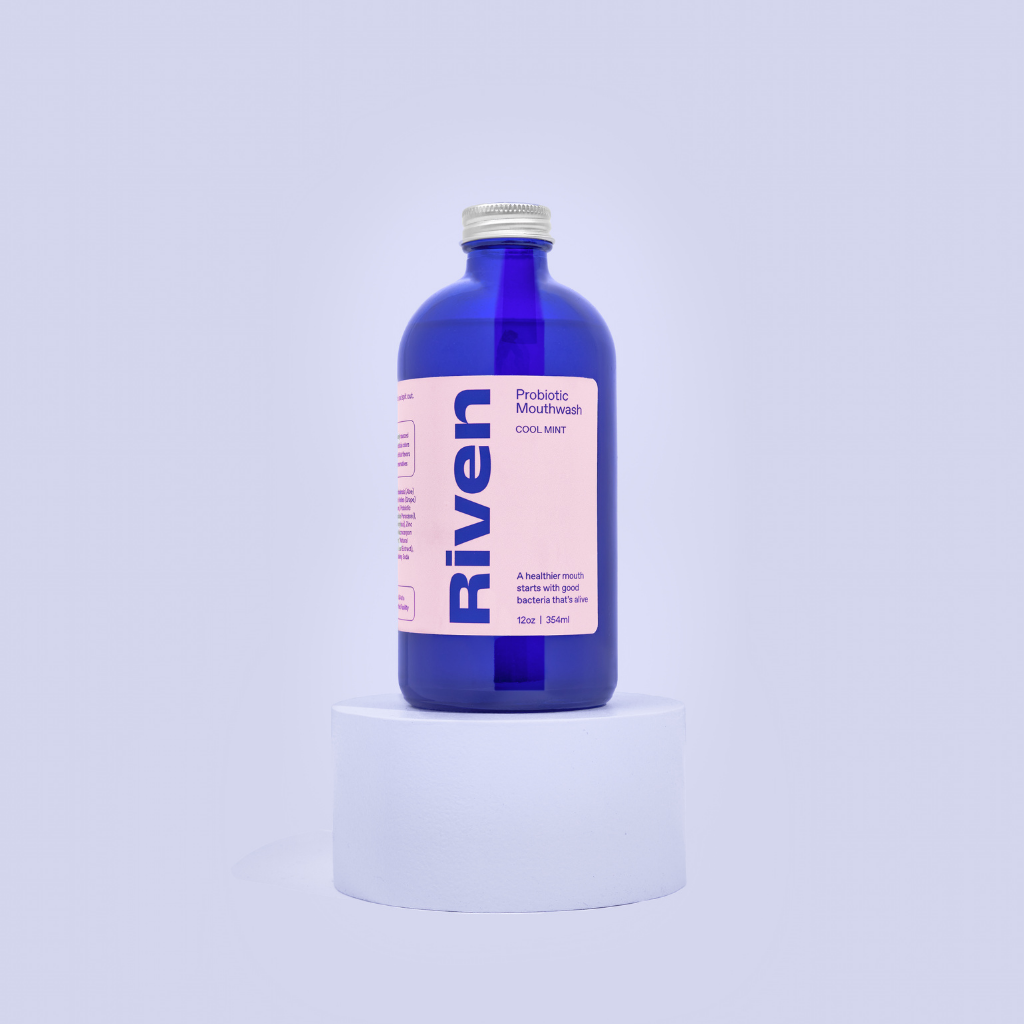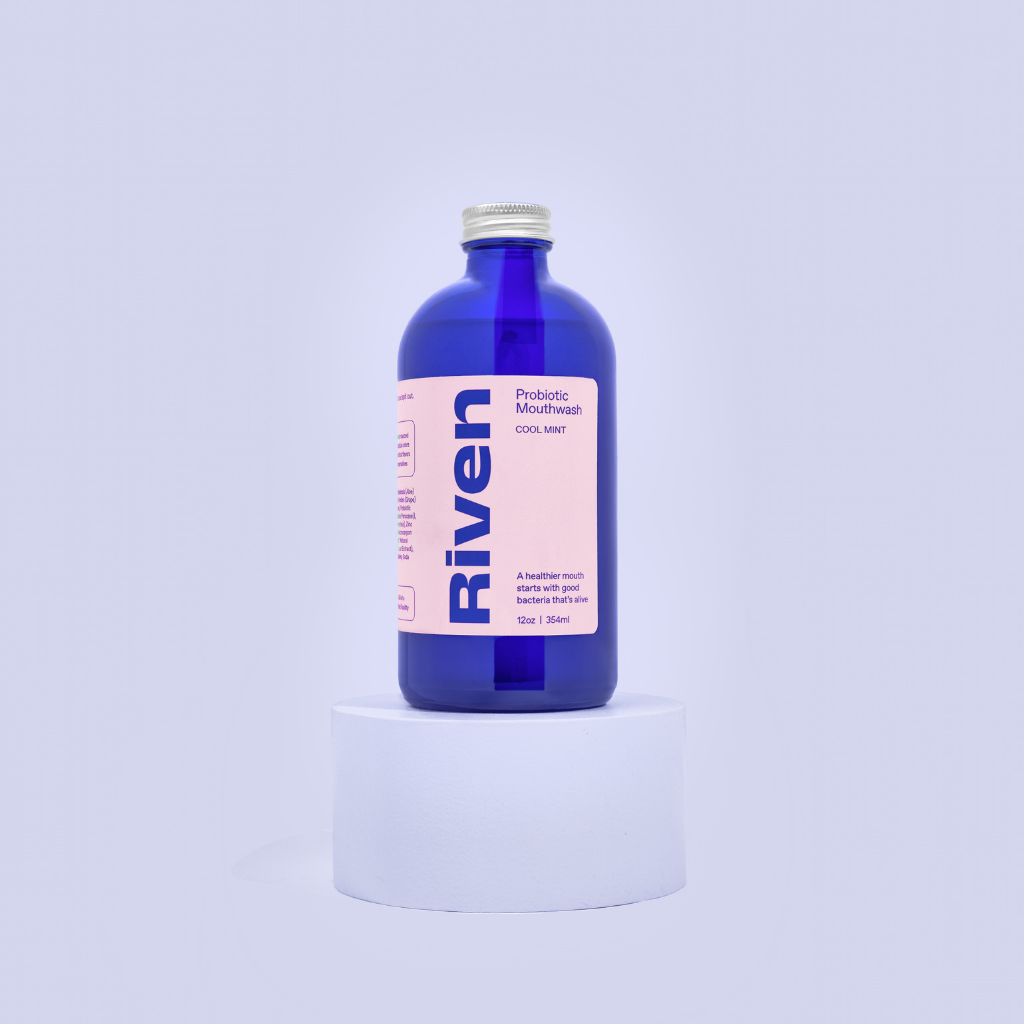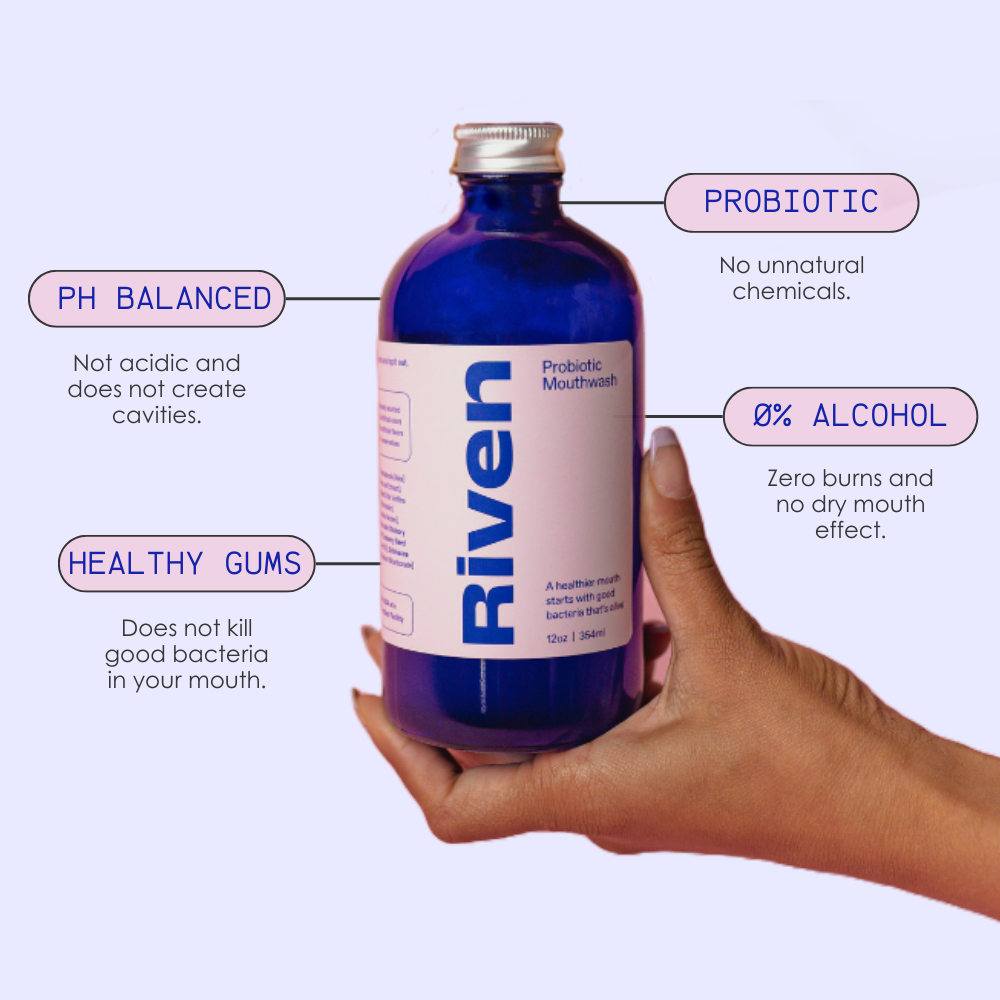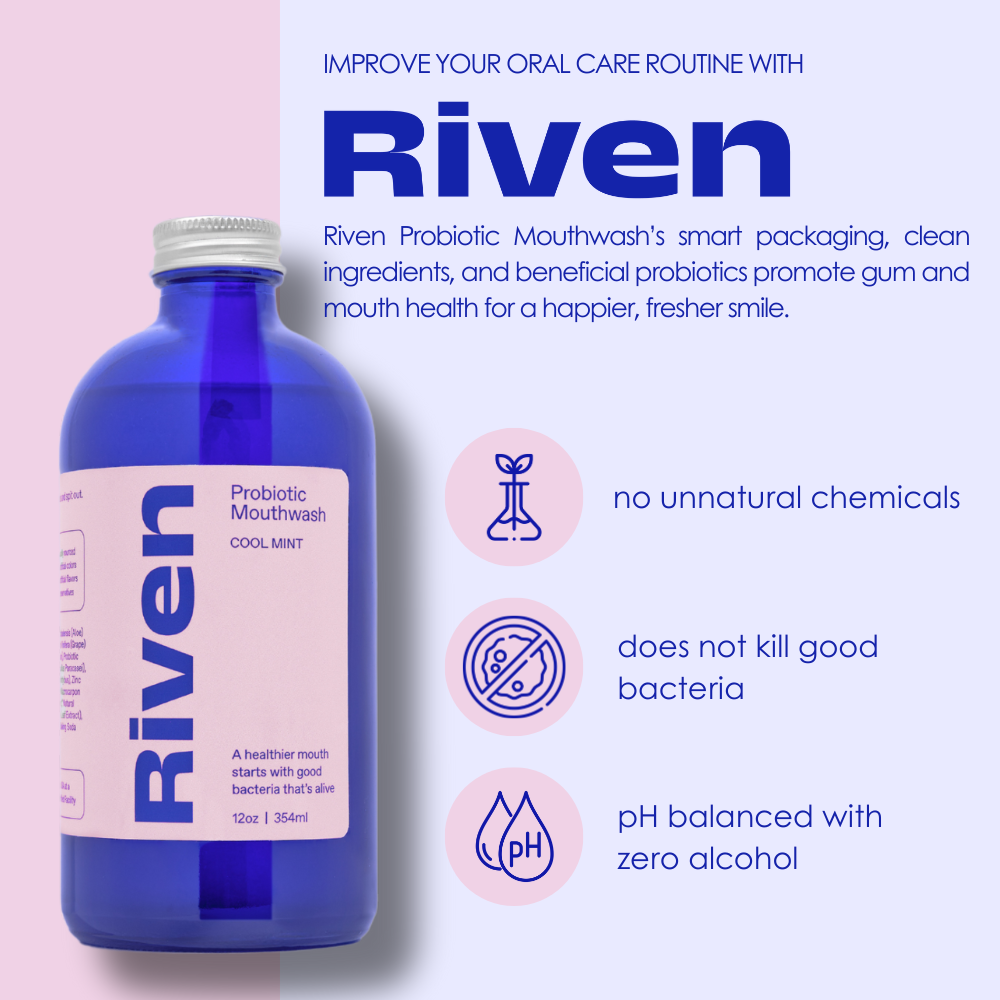In today's health-conscious era, it's surprising to discover that our toothbrushes can harbor millions of bacteria. Despite our efforts to remove plaque and bacteria from our teeth, a fraction still clings to the bristles, creating a microscopic colony. In this article, we'll explore the truth about toothbrush bacteria and provide essential tips to keep them under control.

Bacteria Found on Toothbrushes:
The humble toothbrush, a vital tool in our daily oral hygiene routine, can sometimes hold secrets that are far from reassuring. Beyond its apparent role in maintaining dental health, toothbrushes can inadvertently become hosts to a diverse array of bacteria, each with its own potential consequences for our well-being. In this exploration of oral hygiene, we delve into the microbial world lurking on toothbrushes and shed light on the implications of their presence.
Here are some of the notable bacteria that can find a home on toothbrushes:
1. Streptococcus Mutans: The chief instigator of dental cavities, this bacterium poses a significant threat to the health of our teeth.
2. Staphylococcus aureus: Frequently associated with skin infections, the presence of this bacterium on your toothbrush raises questions about potential cross-contamination and its broader impact on your overall health.
3. Candida albicans: This yeast-like fungus is responsible for causing oral thrush and various yeast infections, underscoring the importance of maintaining impeccable oral hygiene.
4. Periodontal Pathogens: These bacteria are known culprits in the development of gum diseases, and their persistence on toothbrushes could potentially exacerbate oral health issues.
5. E. Coli: Originating from fecal contamination, the presence of E. Coli on your toothbrush is a concerning revelation, raising questions about the potential health risks associated with it.
While individuals with robust immune systems may face minimal risks from these pathogens, those with compromised immunity should exercise extra caution to maintain optimal oral hygiene and overall health. This article delves further into the subject, providing insights and practical tips to help you ensure your toothbrush remains a tool for maintaining dental health rather than a potential source of concern.
Essential Tips to Prevent Bacterial Overgrowth on Your Toothbrush:
1. Optimal Toothbrush Placement: Position your toothbrush holder as far away from the toilet as possible. This reduces exposure to bacterial aerosols released during flushing.
2. Close the Toilet Lid: Always close the toilet lid before flushing to further minimize the risk of contamination, especially from E. coli.
3. Regular Replacement: Change your toothbrush or its head every three months. This ensures effective cleaning and reduces bacterial buildup, especially of Streptococcus Mutans and periodontal pathogens.
4. Post-Dental Procedure Care: If your gums bled prior to dental cleaning (due to conditions like gingivitis or periodontitis), start with a new toothbrush to prevent reintroducing old pathogens.
5. Rinse and Dry: After brushing, thoroughly rinse your toothbrush under running water and allow it to air dry. Moist environments are breeding grounds for bacteria.
6. No Sharing: Avoid using someone else's toothbrush, as it can lead to the sharing of pathogenic bacteria.
7. Separate Storage: Store your toothbrush away from those of other family members to prevent cross-contamination.
Special Cases:
- Oral Thrush: If diagnosed with a fungal infection like oral thrush, follow your dentist's advice, which may include changing brushes daily until the infection subsides.
- Infections: Replace your toothbrush after illnesses such as colds, flu, or COVID-19.
- Staphylococcus Prevention: Brush your teeth before washing your face to prevent the spread of bacteria to the skin around your mouth.
While it's true that our toothbrushes can harbor bacteria, following these simple yet effective measures can help you maintain oral hygiene without added worries. Regular dental check-ups, combined with these tips, will keep your mouth healthy and bacteria-free. Your dental health is in your hands, and with these precautions, you can confidently face any oral hygiene challenge.





